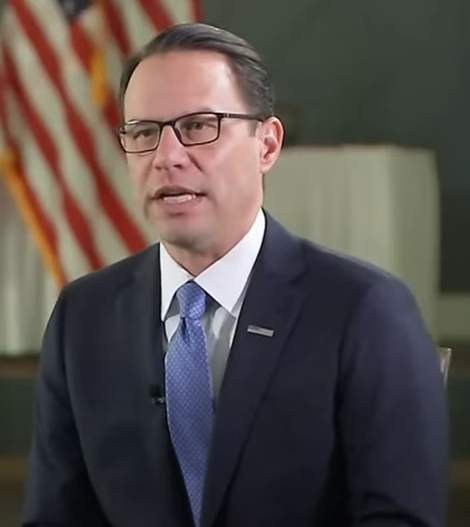Pennsylvania governor attempts a “rethink” of higher education

Democratic Gov. Josh Shapiro recently claimed that he will “rethink” the commonwealth’s higher education system, but it may be yet-another example of an empty promise by a new governor that costs taxpayers millions of dollars in additional spending.
The first-term governor admitted, in a budget address, that Pennsylvania’s higher education system “isn’t working” due to high cost of tuition and lack of access.
But Shapiro did not announce a concrete plan to reform the commonwealth’s higher education system. Instead, he assigned higher education reform to Acting Education Secretary Khalid Mumin to work on for the next year.
For context, some examples of state-run universities in Pennsylvania are Indiana University of Pennsylvania, Mansfield University, PennWest California, Shippensburg University, and West Chester University. Other examples of “state-related schools” in Pennsylvania are Penn State, University of Pittsburgh, and Temple University.
But how much would Shapiro’s budget proposal cost? He proposed a $60 million increase in funding for higher education.
Yet his proposal is at odds with Daniel Greenstein, chancellor of the commonwealth’s higher education system, who asked for a 3.8% funding increase.
According to the Pittsburgh Post-Gazette, these promises or pledges “feel a bit like the movie ‘Groundhog Day’” to Joni Finney, a professor at the University of Pennsylvania. Finney told the newspaper, “The governor needs to invest in something that can be put in place for the long term.”
Yet, like many politicians, Shapiro did not get to the roots of the problems facing higher education, such as federal subsidies pushing tuition costs higher, bloated education bureaucracy, or the increasing lack of appeal of a college degree due to college loan debt.




